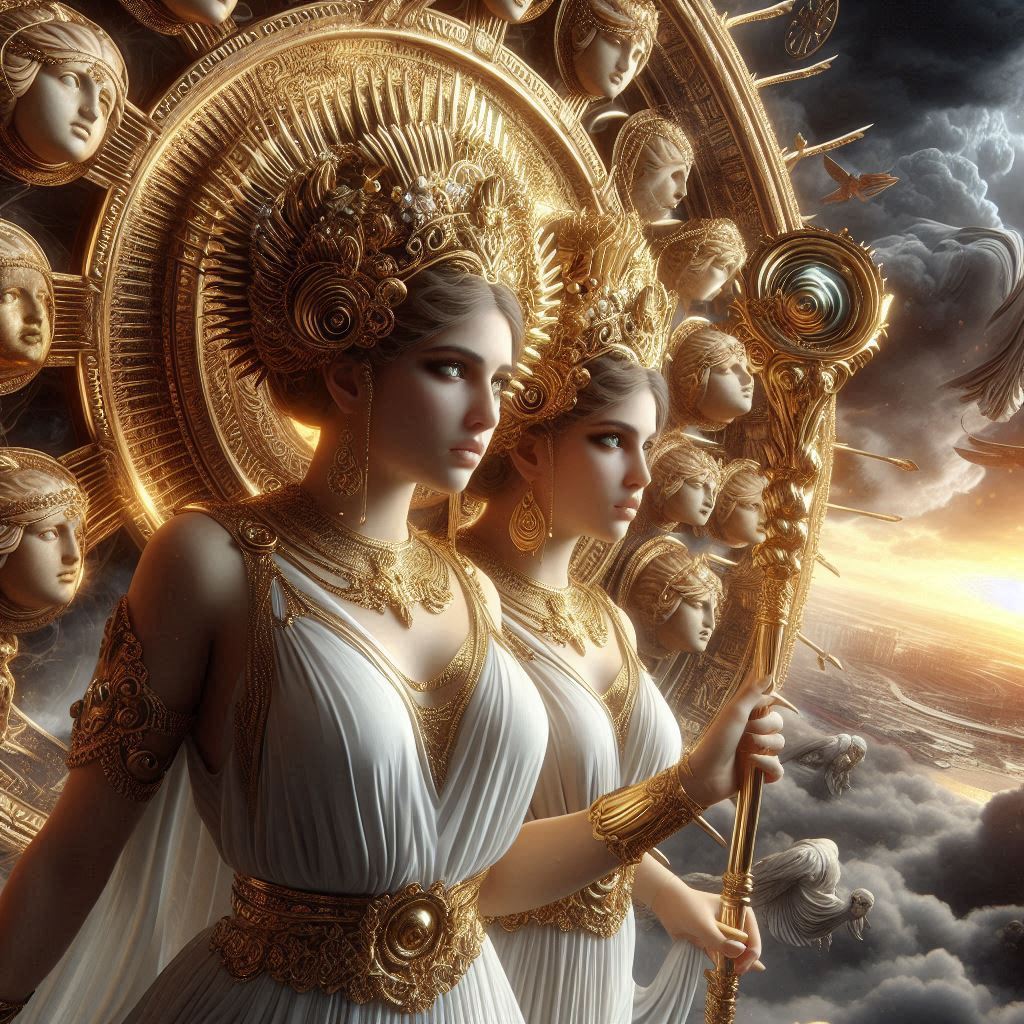Table of Contents
The Genius of the Brontë Sisters: A Literary Triumph Beyond Time
The Brontë sisters—Charlotte, Emily, and Anne—represent a cornerstone of English literature. Their lives, marked by solitude, tragedy, and intellectual brilliance, gave rise to some of the most enduring works of the 19th century. With their evocative storytelling, psychological depth, and vivid characterization, the sisters carved a niche for themselves in a literary world largely dominated by male authors. Their genius lies not only in their exceptional writing but also in their ability to transcend the limitations of their era, crafting stories that continue to resonate with contemporary audiences.

1. Context and Challenges
Born in the remote village of Haworth in Yorkshire, the Brontë sisters grew up in an environment that fostered creativity but was fraught with challenges. Their father, Patrick Brontë, a clergyman, encouraged intellectual pursuits, while their secluded upbringing and the harsh moorland landscape inspired their imaginations. Despite their gifts, societal norms of the time often relegated women to domestic roles, discouraging intellectual ambition.
To navigate these constraints, the sisters adopted male pseudonyms—Currer, Ellis, and Acton Bell—when publishing their works. This audacious choice reflects their awareness of gender biases and a determination to be judged on the merit of their art, rather than their gender.
2. Charlotte Brontë: The Voice of Independence
Charlotte Brontë, the eldest of the three sisters, is best known for her novel Jane Eyre. The book is a pioneering work that blends gothic elements with a deeply personal exploration of morality, independence, and love. Charlotte’s genius lies in her creation of Jane, a heroine who is neither conventionally beautiful nor submissive but fiercely intelligent and self-reliant. Jane’s journey—marked by a struggle for autonomy and self-respect—was revolutionary in its portrayal of a woman asserting her individuality against societal expectations.
Beyond Jane Eyre, Charlotte’s lesser-known works, such as Shirley and Villette, exhibit a keen psychological insight and a nuanced portrayal of female resilience in a patriarchal society. Her ability to articulate the interior lives of her characters remains unparalleled, capturing the existential struggles of individuals seeking meaning in a constraining world.
3. Emily Brontë: The Wild Spirit of the Moors
Emily Brontë’s Wuthering Heights is a singular masterpiece, blending the gothic with a raw, elemental power that defies conventional categorization. The novel’s central characters, Heathcliff and Catherine, embody a tumultuous and destructive passion that transcends life and death. Emily’s genius lies in her unflinching portrayal of human nature’s darkest impulses and her poetic evocation of the Yorkshire moors, which serve as both a backdrop and a character in their own right.
Emily’s literary brilliance is amplified by her mastery of language. Her poetry, much of which was unpublished during her lifetime, showcases her ability to merge the metaphysical with the natural world, reflecting her profound sensitivity to the mysteries of existence. Her singularity as a writer lies in her refusal to temper her vision to suit societal norms, creating work that is both haunting and timeless.
4. Anne Brontë: The Quiet Revolutionary
Often overshadowed by her sisters, Anne Brontë was a writer of remarkable courage and insight. Her novel The Tenant of Wildfell Hall is a groundbreaking critique of domestic abuse and women’s lack of legal and social autonomy. The book’s protagonist, Helen Huntingdon, defies convention by leaving her abusive husband and supporting herself as an artist—an act of rebellion that was virtually unheard of in Victorian literature.
Anne’s writing is characterized by a moral clarity and a profound empathy for her characters. Her first novel, Agnes Grey, offers a stark and realistic portrayal of a governess’s life, shedding light on the exploitation and hardships faced by women in service roles. Anne’s genius lies in her ability to combine social critique with compelling storytelling, creating works that remain strikingly relevant today.
5. Shared Legacy and Influence
The collective genius of the Brontë sisters is enriched by their shared experiences and mutual support. Their early collaborative writing, such as the fantastical tales of Angria and Gondal, fostered their literary imaginations and honed their narrative skills. Despite their individual styles, their works share recurring themes of isolation, resilience, and the quest for identity, which reflect their own struggles and aspirations.
The Brontës’ impact on literature is profound. They opened doors for women writers, demonstrating that female authors could tackle complex themes and achieve critical acclaim. Their works influenced a range of literary movements, from Victorian realism to modernist explorations of the self. Their novels, with their intense emotional landscapes and psychological depth, continue to inspire writers and readers alike.
6. Timelessness of Their Genius
What sets the Brontë sisters apart is the timeless quality of their writing. Their characters grapple with universal themes—love, loss, identity, and moral integrity—that transcend their historical context. Their ability to weave these themes into gripping narratives ensures their works remain relevant, evoking powerful emotions and sparking meaningful reflection in readers of all generations.
Moreover, the Brontës’ willingness to explore the darker and less socially acceptable aspects of human nature lends their work a modern sensibility. In an era of curated perfection, their unvarnished portrayals of flawed individuals remind us of the complexity and authenticity of human experience.
Conclusion
The genius of the Brontë sisters lies not only in their individual talents but also in their shared defiance of societal limitations and their groundbreaking contributions to literature. Charlotte, Emily, and Anne each brought unique voices to the literary canon, crafting works that challenge, provoke, and inspire. Together, they transformed the landscape of 19th-century literature and established a legacy that endures as a testament to the power of creativity and the resilience of the human spirit. The Brontë sisters remain icons of literary brilliance, their works serving as beacons of artistic and intellectual freedom.


No responses yet